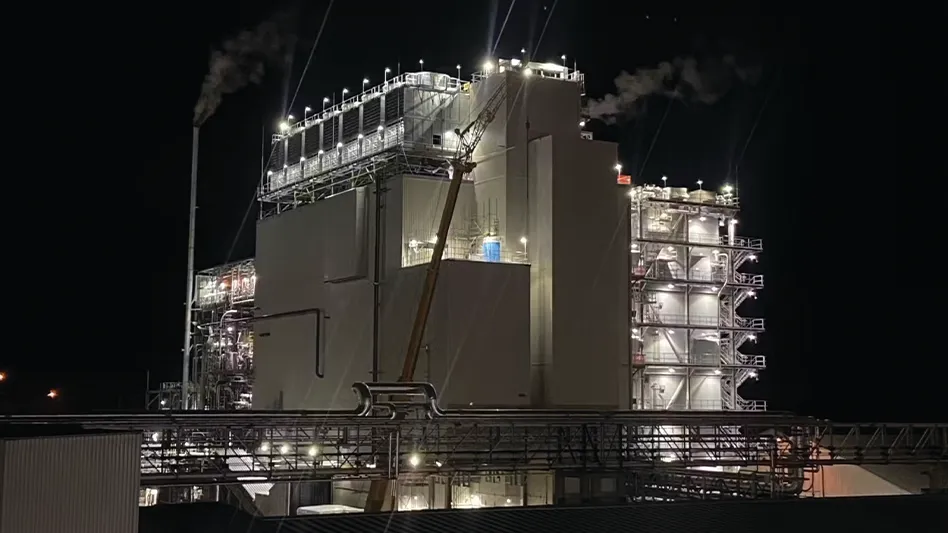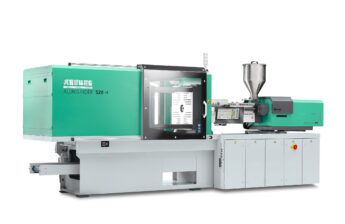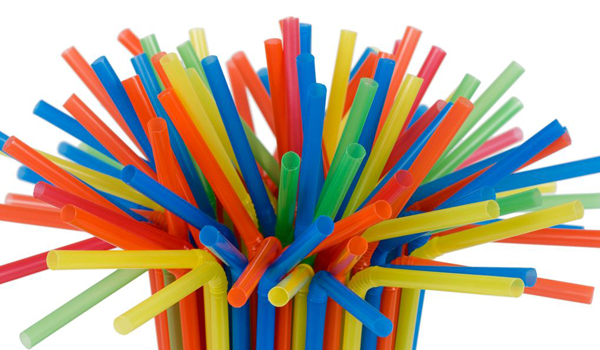The Plastics Industry Association (Plastics), Washington, has announced the winners of its 2024 Plastic Sustainability Innovation Awards recognizing the outstanding innovations in plastics manufacturing that further environmental advantages in design, material and end-of-life management.
In a news release, Plastics’ Vice President of Sustainability Patrick Krieger says, “The plastic industry is constantly innovating to find new ways to keep plastic waste out of our environment and use resources responsibly. I congratulate our winners and look forward to presenting these companies with their well-deserved awards and voting for the People’s Choice Award during NPE in Orlando, Florida.”
Eastman, headquartered in Kingsport, Tennessee, won the Sustainable Innovation in Design Award for its new molecular recycling facility, also in Tennessee, that has the capacity to process 110,000 metric tons of polyester scrap that would otherwise go to landfill or incineration. Eastman’s process reduces greenhouse gas emissions by 20 percent to 50 percent when compared to traditional processes, according to the company.
“Our innovations are driven with a specific goal in mind—to solve the world’s greatest challenges by creating the most sustainable materials,” says Scott Ballard, Eastman Plastics Division president. “Eastman’s strategy is focused on leading principles where our purpose, leadership and actions continue to guide us toward carbon neutrality, circularity and caring for society. Our teams have been working incredibly hard on these challenging issues and we are honored to be selected for this important recognition.”
Bantam Materials UK Ltd., London, has won the Sustainable Innovation in Materials Award for its Prevented Ocean Plastic initiative. The company creates a market for discarded polyethylene terephthalate (PET) in countries lacking recycling systems. Through this work, the company says it has directly supported the construction of 13 collection centers, generated over 500,000 bottle collector workdays, created nearly 2,000 jobs and prevented more than 2 billion bottles from entering the ocean.
“We’re so proud that the Plastics Industry Association has recognized our program,” says Bantam Materials Director Raffi Schieir. “Innovation in plastic technology is crucial, and we must continue to look deeper and make real progress to support the circular economy. Prevented Ocean Plastic is focused on preventing discarded plastic from polluting our oceans, protecting our environment, supporting coastal communities and, ultimately, offering businesses, brands and consumers a better plastic choice.”
Ultra-Poly Corp., Portland, Pennsylvania, has won the Sustainable Innovation in End-of-Life Award for its end-of-life vehicle (ELV) bumper recycling program. The company has developed a complete reverse logistics collection program with autobody shops for bumper covers, a material it says was previously “wasted.” The company recycles about 1.2 million pounds per year, and its recycled pellets are now in commercial production of a wheel outer liner for General Motors heavy-duty pickup trucks, completing vehicle-to-vehicle circularity.
“Ultra-Poly is thrilled to receive this recognition from Plastics,” says Kevin Cronin, Ultra-Poly’s vice president of sustainability and research and development (R&D). “It is especially meaningful because this entire endeavor actually began as a plastics NEMO [new end-market opportunity] project. We are particularly proud of the fact that this is essentially the first large volume, vehicle-to-vehicle circularity success for plastic materials and are excited about the potential of using this creative approach to expand ELV plastic recycling.”
Polycarbin, based in Los Angeles, earned the Leadership in Sustainability Innovation Award after achieving the best overall score across three categories for its Circular Economy for Laboratory Plastics and Carbin Counter platform.
Polycarbin has a closed-loop system for collecting, recycling and remanufacturing laboratory plastic products such as pipette tips, tubes, tube racks and more. It also provides a tracking software, Carbin Counter, that relays the information back to users in the form of meaningful metrics including Scope 3 emission reductions, water conservation, landfill diversion and more.
“I am deeply honored to receive the Leadership in Plastic Sustainability Innovation Award from the Plastics Industry Association on behalf of Polycarbin,” says CEO James O’Brien. “This recognition demonstrates our dedication to scaling a plastics circular economy within the life science and healthcare sector. We are grateful to be acknowledged for our commitment to environmental stewardship and sustainability. It is truly inspiring to be surrounded by fellow industry leaders who share our commitment to advancing plastic circularity. Most of all, we want to thank the community of scientists and innovators that have partnered with Polycarbin to reduce the carbon footprint of innovation.”
The award ceremony will take place at NPE2024 in Orlando on May 8 at 11 a.m. ET in Room W314A. Voting for the People’s Choice Award will take place at NPE May 6-7 and will be announced at the award ceremony.
Finalists for the People’s Choice Award include:
- Amcor: Manchester, Michigan-based Amcor Rigid Packaging worked with Ron Rubin Winery to bring to market the Blue Bin 100 percent PCR (postconsumer resin) wine bottle. The company says this is the first 750mL wine bottle made from 100 percent PCR released in North America.
- Avient: Avon Lake, Ohio-based Avient’s Versaflex HC Bio BT218 material was developed as a more sustainable alternative to current single-use biopharmaceutical tubing materials. This first-generation plant-based product provides critical requirements for single-use applications such as clarity, flexibility and low extractable/leachable profile, while reducing the product carbon footprint by 25 percent over petroleum-based elastomer solutions on the market and an even greater reduction compared to silicone.
- Coperion GmbH: For recycling PCR or any highly contaminated polymer, Germany-based Coperion has developed the ZSK FilCo filtration compounder that allows filtration and compounding in a single production step. With a more streamlined equipment setup, the compounder also allows for a 50 percent reduction in energy consumption and emissions, and resin is only melted once, producing a higher-quality product.
- Hoola One Technologies Inc.: The Quebec-based company’s HO Wrack is a portable and mobile treatment plant specially adapted for removing plastic pellet spills from unpaved areas, where pellets mix with other materials such as rocks, dirt or other organic matter. The HO Wrack technology separates plastic from other natural materials to the point where all of the natural material is returned to the ground and the pellets can be recycled and resold. This innovation allows companies to remain within compliance with regulations at a greatly reduced remediation cost related to excavation and disposal of contaminated soil.
- PureCycle Technologies: Orlando-based PureCycle’s PureFive ultra-pure recycling process for polypropylene (PP) consists of seven main process stages that help close the loop on plastic scrap while making recycled plastics more accessible at scale. The company’s unique purification process uses extraction and filtration to remove color, odor and other impurities from PP scrap, resulting in an ultra-pure recycled resin that can be recycled and reused multiple times.
Plastics supports the entire plastics supply chain, including equipment suppliers, material suppliers, processors and recyclers, representing over 1 million workers in at $548 billion U.S. industry. The organization says it advances the priorities of its members who are dedicated to investing in technologies that improve capabilities and advances in recycling and sustainability and providing essential products that allow for peoples’ protection and safety.








